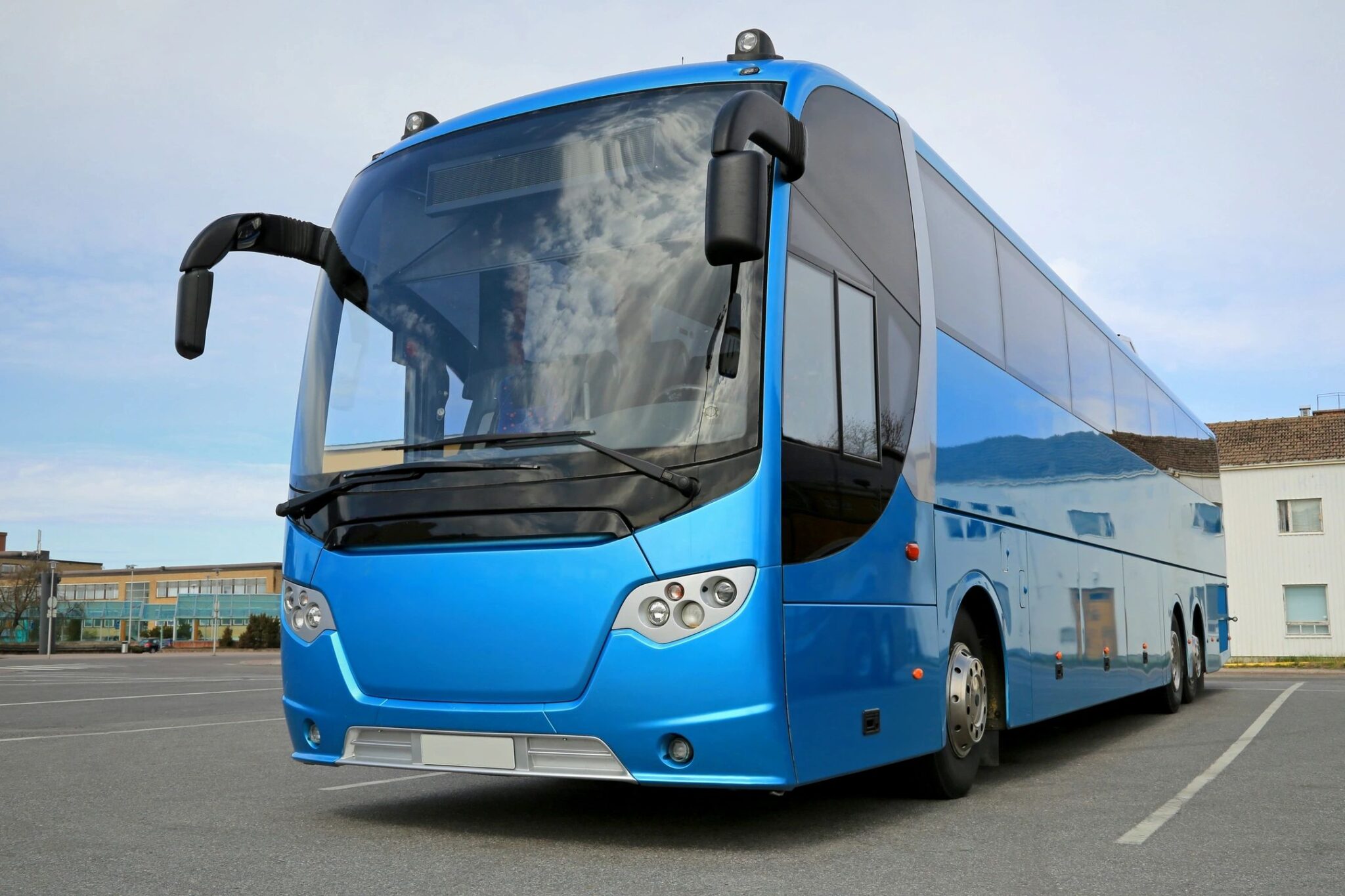

Updated : as per amended finance act 2020
Conveyance allowance is an allowance offered to taxpayers who receive income from salary to meet the cost of transportation in the course of official work. Usually, it is provided to employees only if there is no transportation provided by the employer.
Conveyance allowance: It is provided to meet the transportation cost for official purposes whereas transport allowance* is offered to an employee to meet the cost of commuting between residence and office. (*The salaried person who opts for a new regime under section 115BAC is not eligible to claim transport allowance deduction. However, in case of a specially-abled person, an assessee can claim tax exemption both under the old and new regime for transport allowances, Conveyance allowance received to meet the conveyance expenditure incurred as part of the employment, Any compensation received to meet the cost of travel on tour or transfer, Daily allowance received to meet the ordinary regular charges or expenditure you incur on account of absence from his regular place of duty.)
Relocation allowance: It is the amount paid by the employer to cover the shifting expenses and other costs incurred by an employee who is required to take up employment elsewhere
All these allowances are separately mentioned under the income tax act.
In terms of section 10(14) of amended finance act 2020, a salaried person will be entitled to deductions and relief such as Transport Allowance, Conveyance, Daily expenses in the course of employment, Relocation allowance, Helper allowance, Other special allowances. The maximum amount available for deductions is as under.
| Transport Allowance granted to an employee to meet the expenditure for the purpose of commuting between place of residence and place of duty | Rs.3,200 per month granted to an employee, who is blind or deaf and dumb or orthopedically handicapped with disability of lower extremities |
| Transport Allowance to an employee working in any transport business to meet his personal expenditure during his duty performed in the course of running of such transport from one place to another place provided the employee is not in receipt of the daily allowance. | The amount of exemption shall be lower of the following: a) 70% of such allowance; or b) Rs.10, 000 per month. |
| Conveyance Allowance granted to meet the expenditure on conveyance in performance of duties of an office | Exempt to the extent of expenditure incurred |
| Any Allowance granted to meet the cost of travel on tour or on transfer | Exempt to the extent of expenditure incurred |
| Daily Allowance to meet the ordinary daily charges incurred by an employee on account of absence from his normal place of duty | Exempt to the extent of expenditure incurred |
| Helper/Assistant Allowance | Exempt to the extent of expenditure incurred |
| Research Allowance granted for encouraging the academic research and other professional pursuits | Exempt to the extent of expenditure incurred |
| Uniform Allowance granted to meet the expenses incurred on purchase/maintenance of uniform for wear during the performance of duties of an office | Exempt to the extent of expenditure incurred |
The above list of benefits available to Salaried Persons as amended by finance act 2020
Related Post:
Finance, economics, and accounting are deeply interconnected disciplines that influence one another. A thorough understanding…
Introduction The organization of the finance function involves structuring financial roles, responsibilities, processes, and systems…
Business ethics involves managing values and resolving conflicts. It refers to the moral principles, policies,…
An agency problem in financial management refers to a conflict of interest between a company’s…
The risk-return trade-off is an essential investment principle that states that higher risk often comes…
The concept of Financial Building Blocks (FBB) serves as a powerful tool for understanding the…